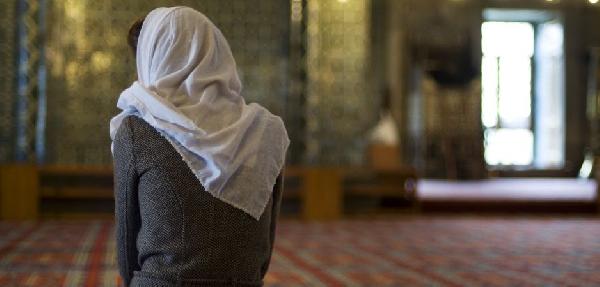
The Moroccan king’s speech emphasizes the explicit need for Muslims to act according to values that promote comity, respect and dignity.
The US presidential campaigns have staked out their positions on Muslim-Americans, Muslim immigrants and, by extension, Muslims worldwide. These positions have been defined by perceptions about Islam and its various components: the Quran, Sharia law, religious terms such as kafir and jihad, and generally not well understood rituals. Most telling are the images daily broadcast and projected by radicals who use Islam as a cloak for their violence and heinous crimes against mostly other Muslims.
The ongoing conflict is not only between Muslims and those who are not. More and more courageous Muslim voices are being raised against radicalism and extremism as not representative of Islam—and actually in deep conflict with the basic values of Islam. These rejections by Muslim leaders and communities are at odds with those who claim that Muslims are not public enough in their condemnation of extremists who claim the mantle of Islam as justification for their actions.
KING OF MOROCCO
Lately, there is growing recognition in the West that Muslim leaders from Malaysia to Morocco are indeed making the case against terrorism and Islamic radicals. In this context, the Globe and Mail published an op-ed by the noted French philosopher Bernard-Henri Levy who singled out the king of Morocco, Mohammed VI, as one of many who have boldly challenged the radicals.
He pointed out that the king’s condemnation took on even greater gravitas as he is regarded as a direct descendant of the Prophet Muhammad and has the title “commander of the faithful” as being responsible for the integrity and promotion of Islam, in particular the Maliki school with its strong Sufi texture and emphasis on inclusion, moderation and peace.
King Mohammed spoke on the 63rd anniversary of the People’s Revolution, commemorating the resistance of Moroccans to the French occupation. Most Western media accounts highlighted his condemnation of terrorism, noting there is no heavenly reward for terrorists. It is reported that the Prophet Muhammad said: “I guarantee a house in the surroundings of Paradise for those who give up arguing, even if they are in the right; and I guarantee a house in the middle of Paradise for those who abandon lying even when joking; and I guarantee a house in the highest part of Paradise for those who have good character and manners” (Sunan Abu Daawood: 4800).
RELIGION IS CONDUCT
So, when the king said that he wanted overseas Moroccans “to remain firmly committed to their religious values and to their time-honored traditions as they face up to this phenomenon which has nothing to do with their culture or background,” he was emphasizing that values lie at the heart of the practice of Islam, and so to distort the rituals is to challenge the moral core of the religion.
In Islam, there is no eternal reward for passively living in the world. According to Anabulsi, a noted Muslim scholar, the hadith “religion is conduct” means that “real worship does not consist only of establishing rituals, but it’s about exerting good conduct/behavior or applying good manners towards others.” This hadith adds that, “Ritual worship is not valid unless it’s largely supported by good conduct.” And further, “None of you truly believes until he wishes for his brother what he wishes for himself” (Al-Bukhari and Muslim).
This emphasis on good works is found throughout the Abrahamic faiths. It is no coincidence that in Islam, human behavior—from commercial transactions to how one treats family members—is guided by values that engender good conduct. In Islam, the link between behavior and prayer is reflected in hadith such as, “Through his manners and good conduct, the believer can attain the status of a person who frequently fasts and prays at night” (Abu Dawoud).
The backstory to the king’s speech is that there is the explicit need for Muslims to act according to values that promote comity, respect and dignity. We are in this world to do good, not evil, and that we should shun those who would tell us to hurt others. As Imam Malik reported, the Prophet Muhammad said, “I have been sent to perfect good character.” And, “The best of you is the best among you in conduct” (Al-Bukhari and Muslim).
King Mohammed’s words echo the determination of King Abdullah II of Jordan who, like his Moroccan counterpart, has a unique historical role to both defend Islam and clarify its dynamic role in promoting harmony, justice and respect within the human community.
By Jean Abinader – The views expressed in this article are the author’s own and do not necessarily reflect Shafaqna’s editorial policy.
source : Shafaqna













